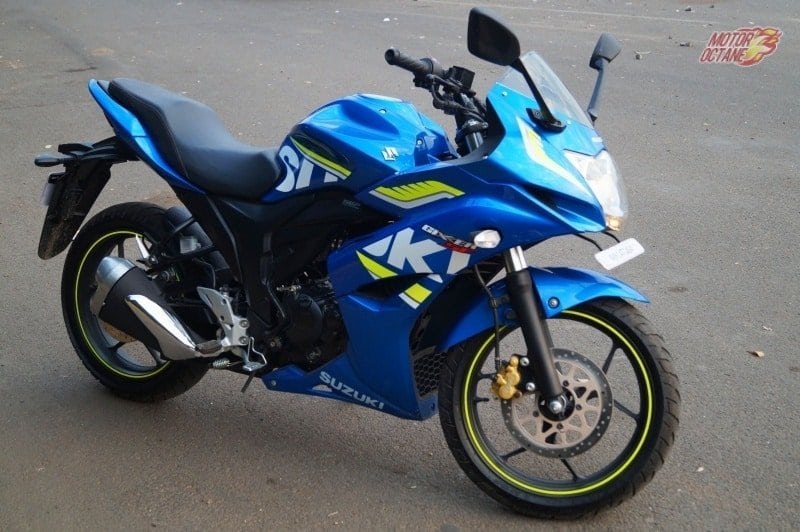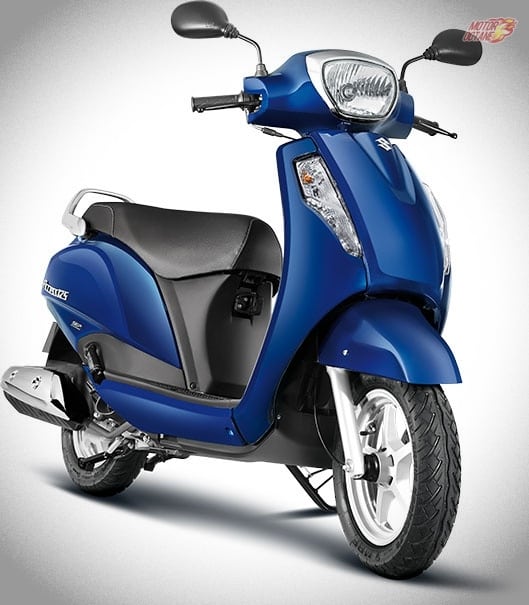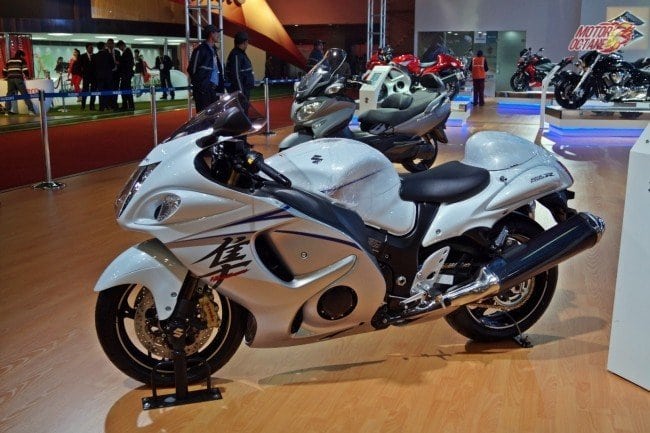Suzuki to use Maruti’s prowess for two-wheelers

Suzuki Motorcycle India is bullish about the Indian market. The company is looking at expanding through the length and breadth of the country. To improve its profitability, Suzuki Motor Corporation, the parent company is looking at utilizing the strengths of Maruti to expand the two-wheeler business in India. Maruti is the biggest car company in India, having the largest network as well. Hence, the Japanese manufacture aims at making Suzuki a leading two-wheeler brand in India with the help of its four-wheeler counterpart.
India is high on the radar of Suzuki as it has overtaken China in being the largest market for Suzuki two-wheelers. Thus for Suzuki Motor Corporation (SMC), India is the largest market for both two-wheelers and four-wheelers. India accounts for almost one-fourth of SMC’s global two-wheeler sales , which is 2 million units.
Incidentally, almost ten per cent of SMC’s two-wheeler sales in India now come from dealerships which are co-owned by individuals or companies which run Maruti Suzuki outlets and Maruti Service Stations. Sajeev Rajasekharan, executive vice-president (sales and marketing) at Suzuki Motorcycle India said, “Eleven Maruti Suzuki dealers are also dealers of our two-wheelers. Another 19 dealers of our two-wheelers also run Maruti Authorised Service Stations. In total, we have 30 touch points of Maruti that are associated with Suzuki two-wheeler business,”
Approximately these 30 Suzuki Motorcycle dealers clock higher average sales than the remaining 430 dealers that Suzuki have all over the country. The average sales for these 30 dealers is around 1,450 two-wheelers a year against the average of about 1,000 units for the remaining dealers.
Satoshi Uchida, Managing Director, Suzuki Motorcycle India, said that whenever the company wants to open a dealership at any location, they approach Maruti Suzuki dealers first. “If he doesn’t opt for it, we go for another investor. That’s an internal policy, ” he said.

As per Rajasekharan, Maruti dealers have a very good knowledge of the automobile business and have been associated with the Suzuki group for a long time. The dealer management systems of both companies are also similar and easy to adapt too.
Satoshi Uchida said, “We have common raw material suppliers. In future, we have to work with Maruti on software development, automatic driving, and connected vehicles.” Suzuki has invested about ₹ 1,000 crore in the Indian two-wheeler business. It had started operations in 2006.
The company aims to dpuble its sale by 2020 to one million.
In the cuurent year, they aim at selling 0.5 million two-wheelers. ”If we materialise sales of half million units this year, we will start looking for a place to set up another plant. It takes time to get all the approvals,” as per Uchida. “We are a young company. We have to catch up. We have a dream to become like Maruti in motorcycles.”

R C Bhargava, Chairman, Maruti Suzuki, said, “In our company, the ownership (of Suzuki) is 56 per cent and in motorcycle, it is 100 per cent. We have some common raw material sourcing contracts and due to our large volume, the two-wheeler business can get better rates. Manufacturing engines for them helps us increase our capacity utilisation,” The dealings with Suzuki Motorcycles does not affect Maruti and its shareholders in any manner.
Suzuki aims at tapping new markets in India and increase their rural penetration. It is also looking at increasing sales of motorcycles and also focussing on larger capacity bikes.
The company is currently in profits. Volumes in the domestic market grew about 12 per cent to 0.35 million units. Suzuki currently has a 2.3 per cent share in the domestic two-wheeler market.

Comments